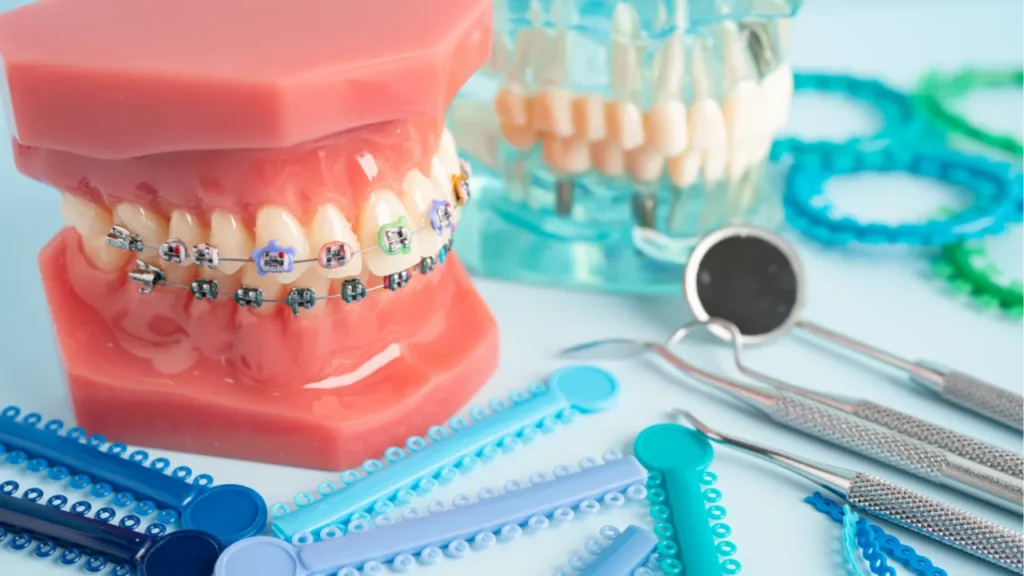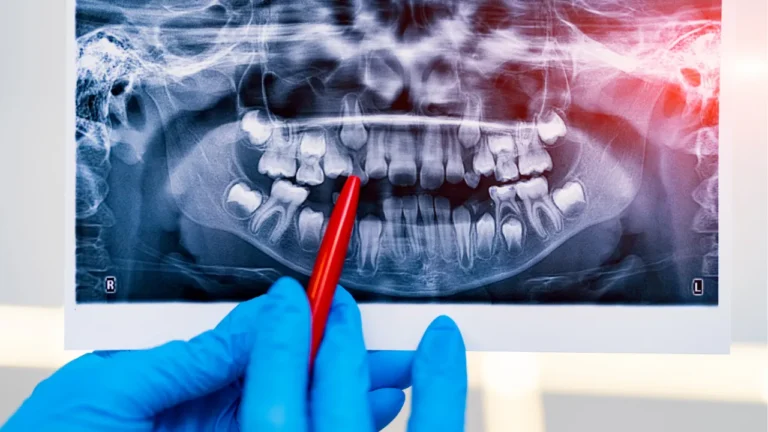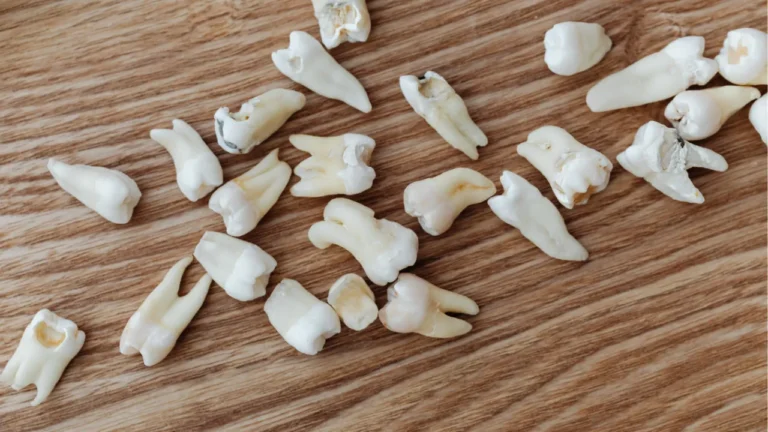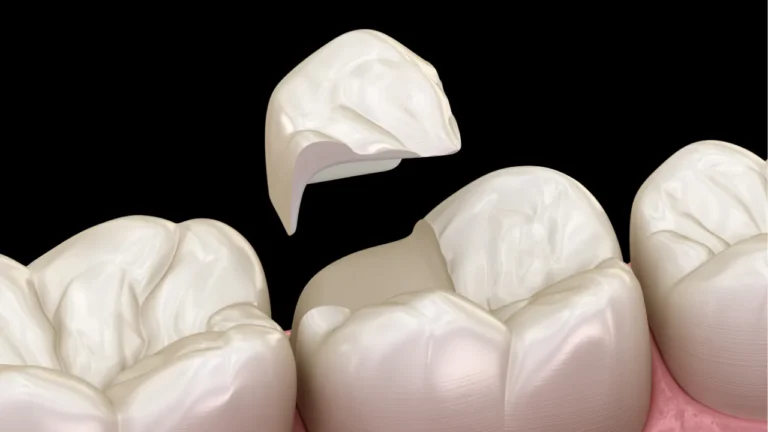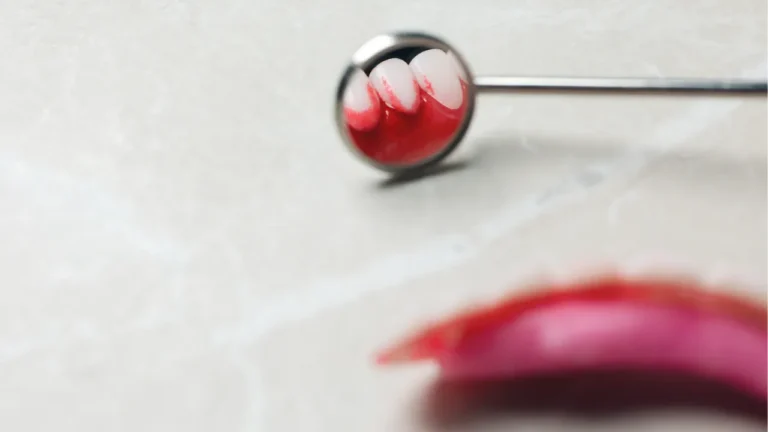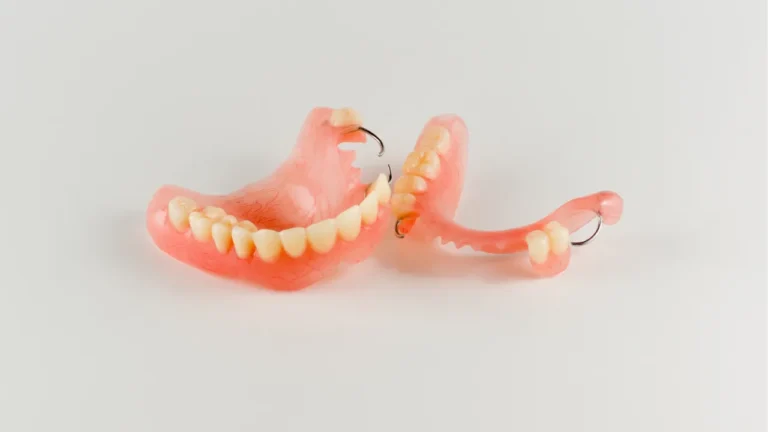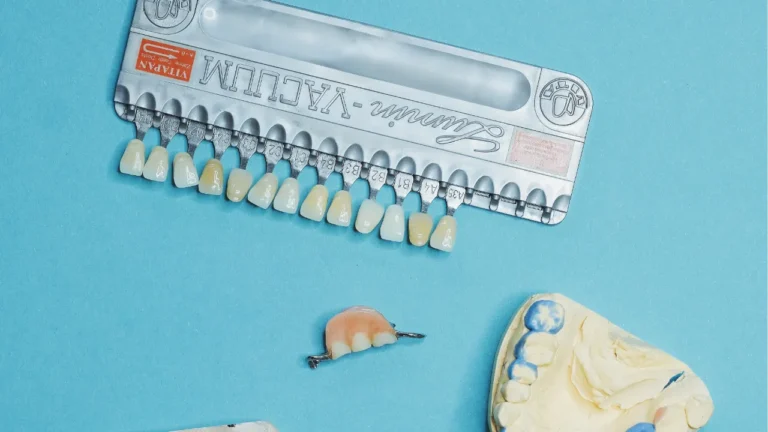You can manage orthodontic discomfort by using orthodontic wax, eating soft foods, rinsing with warm salt water, and taking over-the-counter pain relief when needed.
Braces and aligners can cause temporary soreness as your teeth shift — but with the right care, you can ease the pain and stay on track with your treatment.
These simple strategies make the adjustment period more comfortable and help you feel more in control of your smile journey.
Quick Summary
- Choose soft, gentle-on-the-teeth foods after adjustments
- Use orthodontic wax to stop brackets from irritating your mouth
- Soothe gums with a warm saltwater rinse
- Take mild pain relief if needed (always follow dosage)
- Apply a cold compress for jaw soreness
- Keep brushing and flossing gently
- Call your dentist if pain is severe or something breaks
Why Orthodontic Discomfort Occurs
Orthodontic appliances work by applying gentle, continuous pressure to move your teeth into alignment. This pressure can cause:
- Soreness in the teeth and gums
- Tenderness in the jaw
- Irritation on the inside of your cheeks or lips
- Headaches or mild earaches
The good news? These symptoms are usually temporary and can be managed with simple solutions.
Tips for Easing Braces or Aligner Discomfort
1. Stick to Soft Foods
In the first few days after an adjustment or new tray, choose soft, easy-to-chew foods like:
- Yoghurt
- Mashed potatoes
- Scrambled eggs
- Smoothies
- Soup
Avoid hard, crunchy, or sticky foods that may increase pressure or damage your braces.
2. Use Orthodontic Wax
Brackets and wires can rub against the inside of your mouth, causing sore spots. Apply orthodontic wax (available from your dentist or pharmacy) to the parts of your braces that cause friction for quick relief.
3. Rinse with Warm Salt Water
A warm saltwater rinse can soothe irritated gums and soft tissue. Mix 1 teaspoon of salt with a glass of warm water and swish gently for 30 seconds, a few times a day.
4. Take Over-the-Counter Pain Relief
Paracetamol or ibuprofen can help reduce inflammation and ease discomfort, especially in the first 24–48 hours.
Always follow dosage instructions and consult your dentist if unsure.
5. Apply a Cold Compress
If your jaw feels sore, apply a cold compress to the outside of your face for 10–15 minutes to reduce inflammation and numb the area.
6. Practice Gentle Oral Hygiene
Sore gums may make brushing uncomfortable, but keeping your mouth clean is essential.
Use a soft-bristled toothbrush and take your time. Consider using a water flosser if traditional flossing is too painful.
7. Follow Your Orthodontist’s Instructions
Whether you have fixed braces or clear aligners, following your dentist’s guidance ensures optimal results with minimal discomfort.
When to Contact Your Dentist
While mild soreness is normal, you should get in touch with your dental team if you experience:
- Broken brackets or wires
- Severe or persistent pain
- Sores or ulcers that don’t heal
- Pain that worsens instead of improving
Prompt attention helps prevent complications and keeps your treatment on track.
Every Smile Makes Your Journey Easier
Orthodontic discomfort is temporary — but your beautiful new smile will last a lifetime.
At Every Smile Dentistry, we’re here to answer your questions, relieve any pain, and make your orthodontic journey as smooth as possible.Book a follow-up or adjustment today, and let us help you stay comfortable and confident every step of the way.

